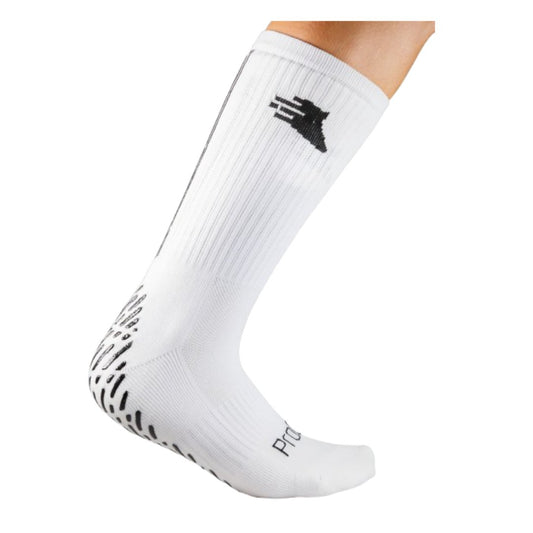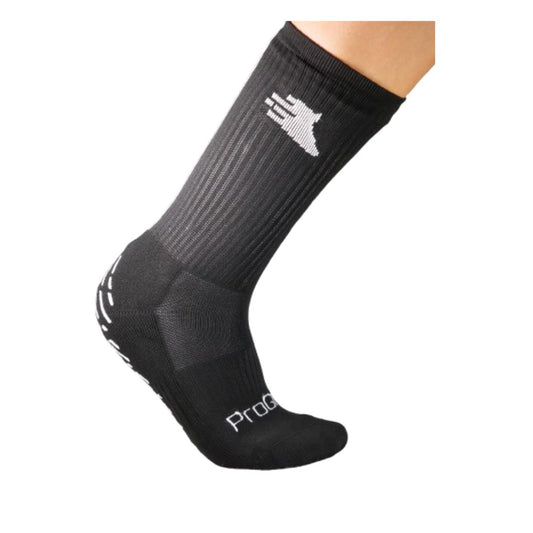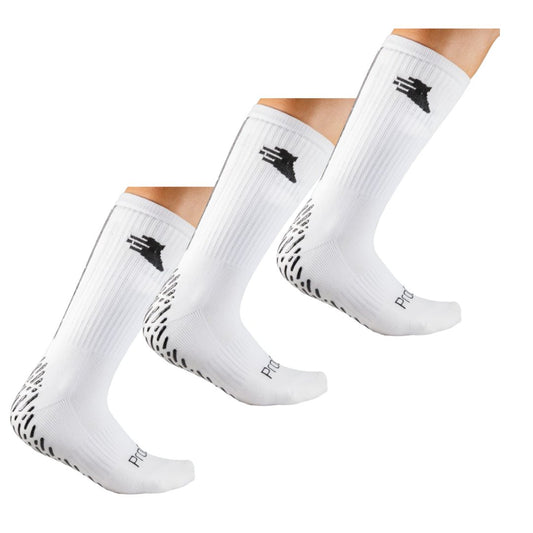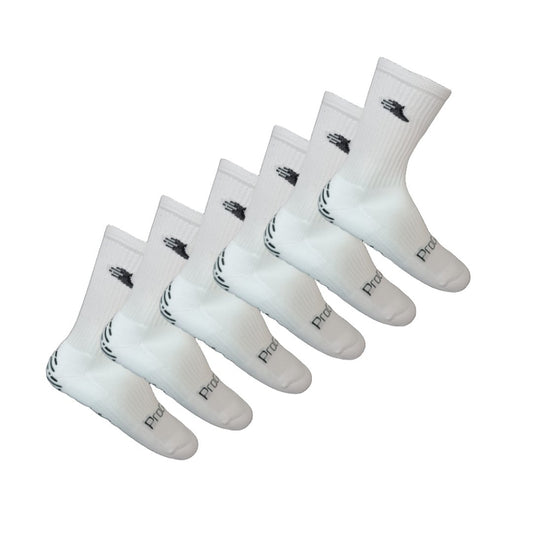Improving your football skills doesn’t always require a ball. There are several ways you can boost your athleticism, technique, and overall understanding of the game even without one:
1. Focus on Agility Drills
Ladder drills, cone weaving, and shuttle runs will help improve your foot speed, agility, and coordination. Quick changes in direction are essential for a footballer, and these exercises help refine those skills.
2. Work on Your Fitness
Football demands high endurance. Incorporate running, sprinting, and plyometric exercises like jump squats to build your stamina and explosive power.
3. Strengthen Your Core
A strong core improves balance and stability, which is vital for controlling the ball and maintaining control under pressure. Planks, Russian twists, and leg raises are great exercises to build core strength.
4. Improve Footwork and Balance
Work on your balance with one-legged drills or balance exercises using a stability ball or BOSU ball. These help you stay on your feet during tough tackles or rapid direction changes.
5. Mental Preparation
Use the time without a ball to mentally prepare for games. Watch professional matches, study tactics, and learn different strategies. This will improve your game awareness when you’re back on the field.
6. Wear ProGrip Socks
For added stability and traction during agility drills, wear ProGrip Socks. Their anti-slip technology ensures your feet stay firmly in place, preventing slippage and maximizing your performance. Check out Progripsox.com and use the code BLOG10 for a discount on your order.
Conclusion
You can significantly improve your football skills even without a ball by focusing on fitness, agility, core strength, and mental preparation. Don't forget to wear ProGrip Socks for added grip and comfort during training. Visit Progripsox.com today to get your pair!





